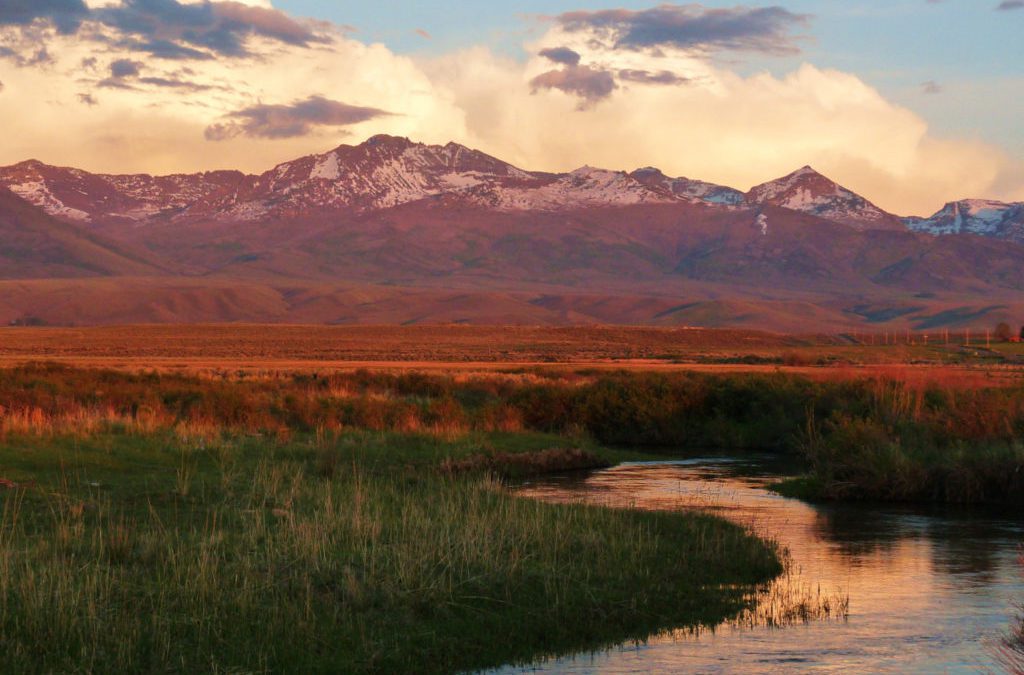New proposal for oil and gas leasing highlights the need for congressional action
Sportsmen and women are vocally opposing a new effort to open up the Ruby Mountains to oil and gas development concerns over impacts ot habitat and wildlife.
Days after the U.S. Forest Service denied authorization for leasing 54,000 acres in Nevada’s Ruby Mountains, energy developers submitted two new requests to open this prized landscape to oil and gas drilling. A private entity filed new Expressions of Interest (EOIs) to lease 88,000 acres for oil and gas development in the Humboldt-Toiyabe National Forest. Many of the parcels would affect the same areas previously rejected for leasing.
“Sportsmen and women see this new threat to the Rubies as further proof that lawmakers must act to conserve this special place for future generations,” said Carl Erquiaga, Nevada field representative with the Theodore Roosevelt Conservation Partnership. “The Ruby Mountains, known as Nevada’s Swiss Alps, are home to Nevada’s largest mule deer herd, critical populations of the threatened Lahontan cutthroat trout, and numerous other fish and wildlife species.”
In January 2019 Senator Cortez Masto introduced the Ruby Mountain Protection Act (S258) which would permanently withdraw from oil and gas exploration 450,000 acres in the Humboldt-Toiyabe National Forest’s Ruby Mountain Ranger District. A coalition of 14 influential hunting, fishing, and wildlife conservation groups, Sportsmen for the Rubies, has called for lawmakers to pass the legislation.
“The Ruby Mountains, one of the most rugged and beautiful landscapes in the west, supports Nevada’s largest mule deer herd and offers untold hunting, fishing and outdoor recreation opportunities. This latest attempt to lease the Rubies underscores the need to pass S258 quickly,” said Pam Harrington, Nevada field coordinator with Trout Unlimited.
By law, federal agencies must respond to these EOIs through a formal process, representing a considerable demand on budgets and human resources. The previous round of leasing requests required more than a year and a half of work before the “no leasing” decision could be made. Now the agency must go through the process again with no certainty that the outcome will be the same.
“It’s clear that the threat to the Rubies won’t go away unless Congress takes action,” continued Erquiaga. “Hunters and anglers in Nevada are counting on lawmakers to do the right thing for this one-of-a-kind landscape.”
Learn more and take action at SportsmenfortheRubies.com.

